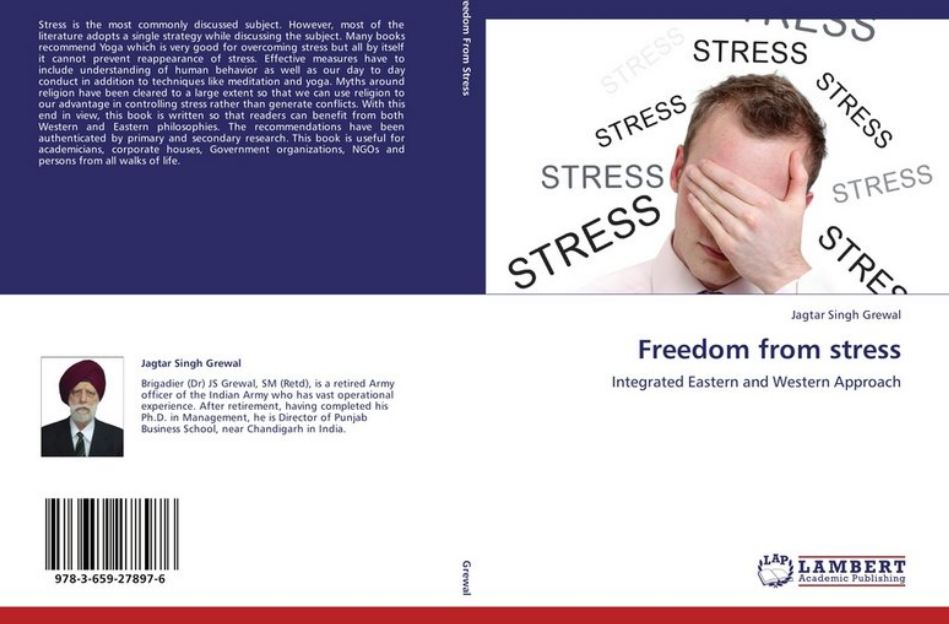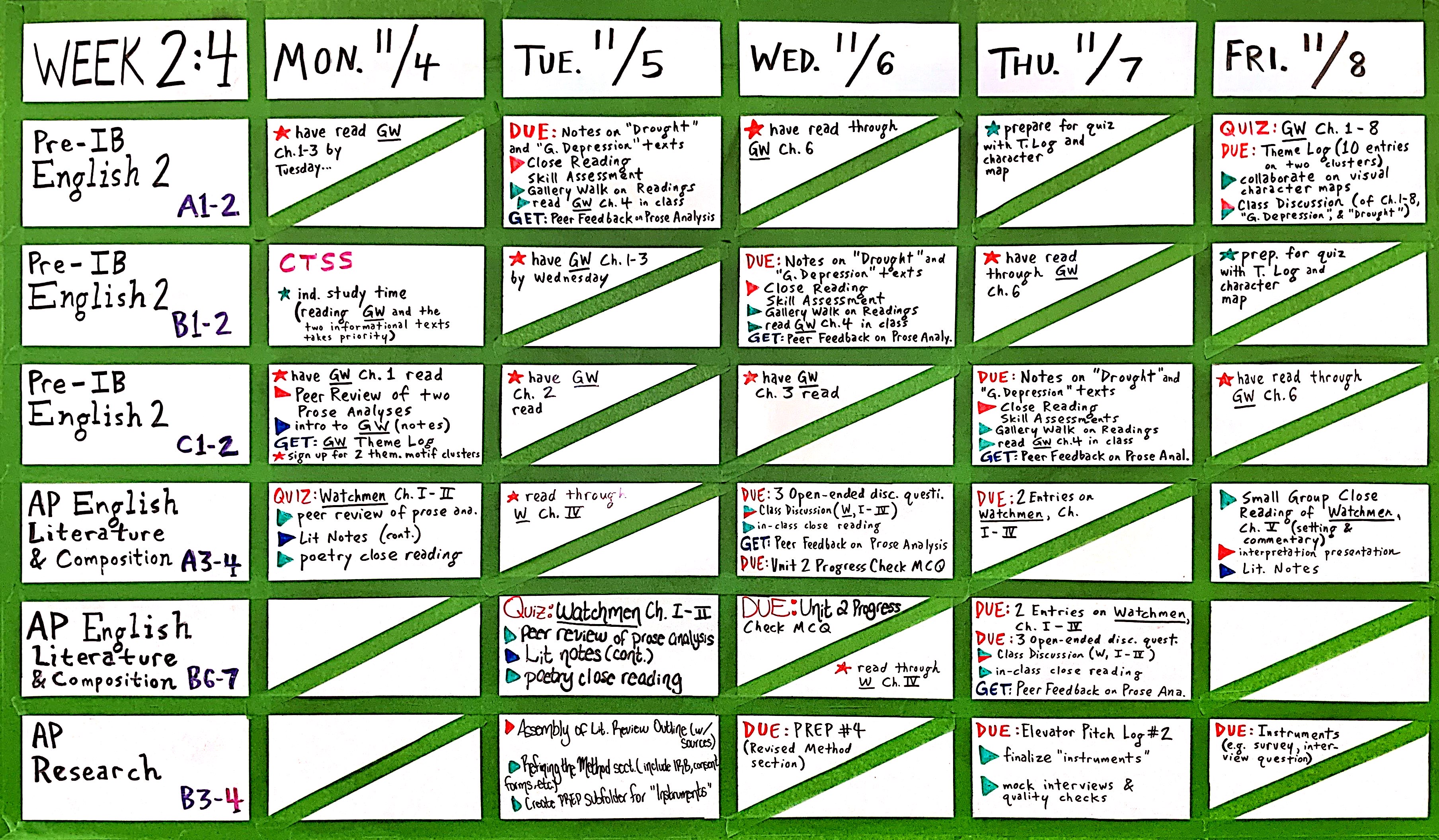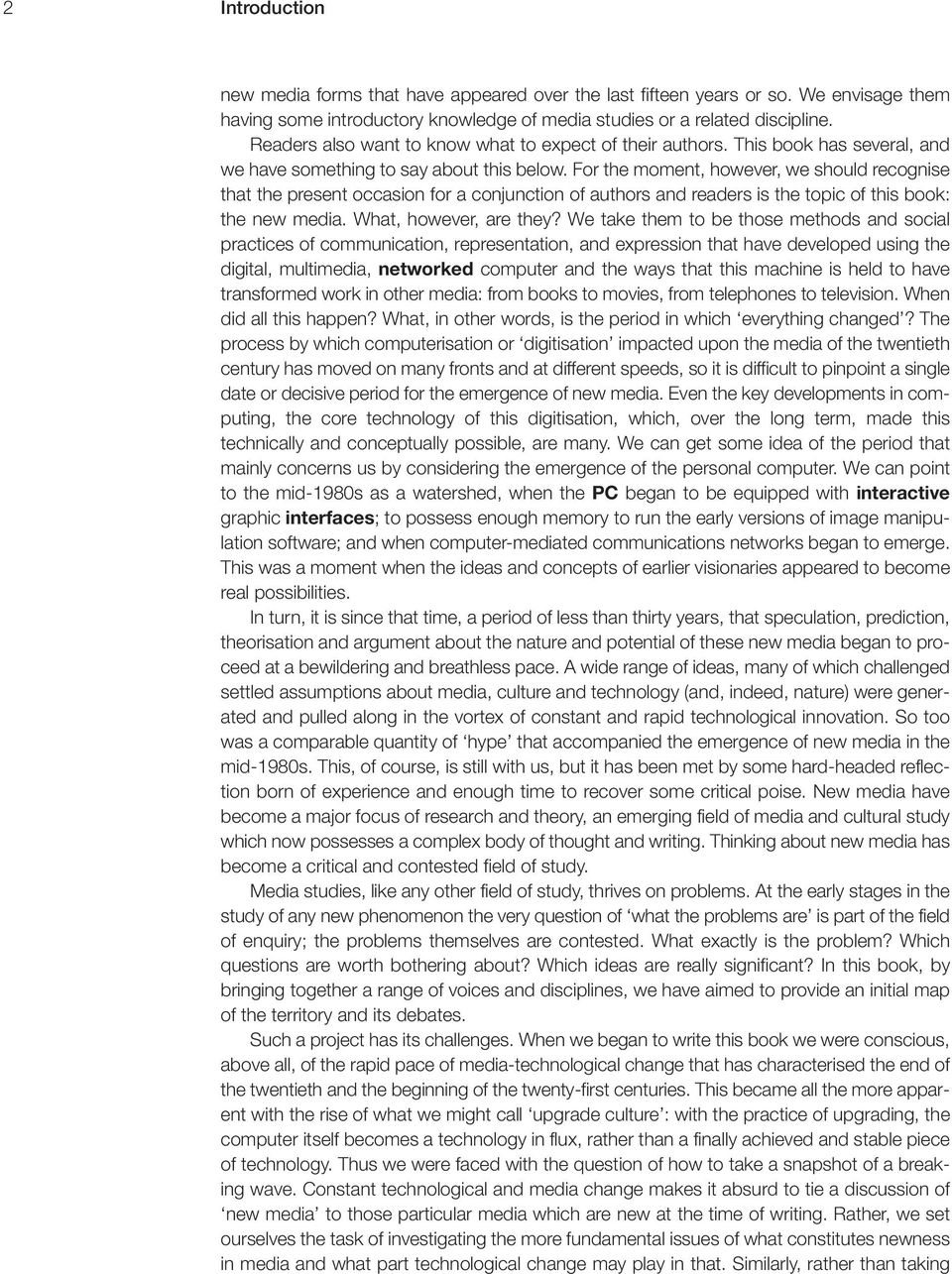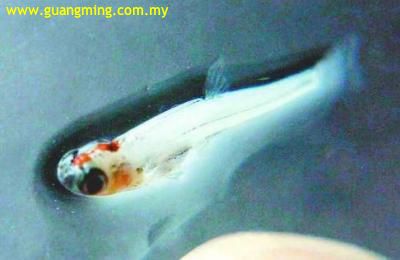Lectures on Posterior Analytics - University of Washington.
Posterior Analytics: Highlights Book I. I.1 All teaching and learning result from previous cognition. (i) We presuppose that something is (the fact); or (ii) We comprehend what it is (the reasoned fact). Solution to Meno's Paradox: We know in one way what we are learning, while being ignorant in another way. I.2 Demonstrative knowledge.Posterior Analytics uses several methods through which to gain episteme or 'knowledge', including induction, demonstration, epistemology, and the indemonstrable. An ancient bust of Aristotle.On the other hand it is clear that absolute demonstration cannot proceed in a circle if it be admitted that the demonstration must be drawn from anterior and better known principles than itself; for it is impossible for the same things to be both anterior and posterior in relation to the same objects, except from a different point of view, e.g. some things may be anterior relatively to us and.
This is a long-standing interpretative problem with II.19. Barnes (Aristotle’s Posterior Analytics) suggests that there is no incompatibility if we take induction and nous to be answers to two different questions — viz., the ones Aristotle starts the chapter with. i. How do first principles become “familiar”?Dan O’Connor has pointed out to me that we should, on the rigid designator approach, allow for possible worlds in which things do not even have a real essence different from their nominal essence: that is to say, the interiors of all substances are totally unstructured and consist of unanalysable mush. Such worlds would still operate as causal systems but no rationale of such would exist.

Posterior Analytics by Aristotle, part of the Internet Classics Archive. we could not know the posterior through the prior (wherein they are right, for one cannot traverse an infinite series):. Part 19 Every syllogism is effected by means of three terms.












